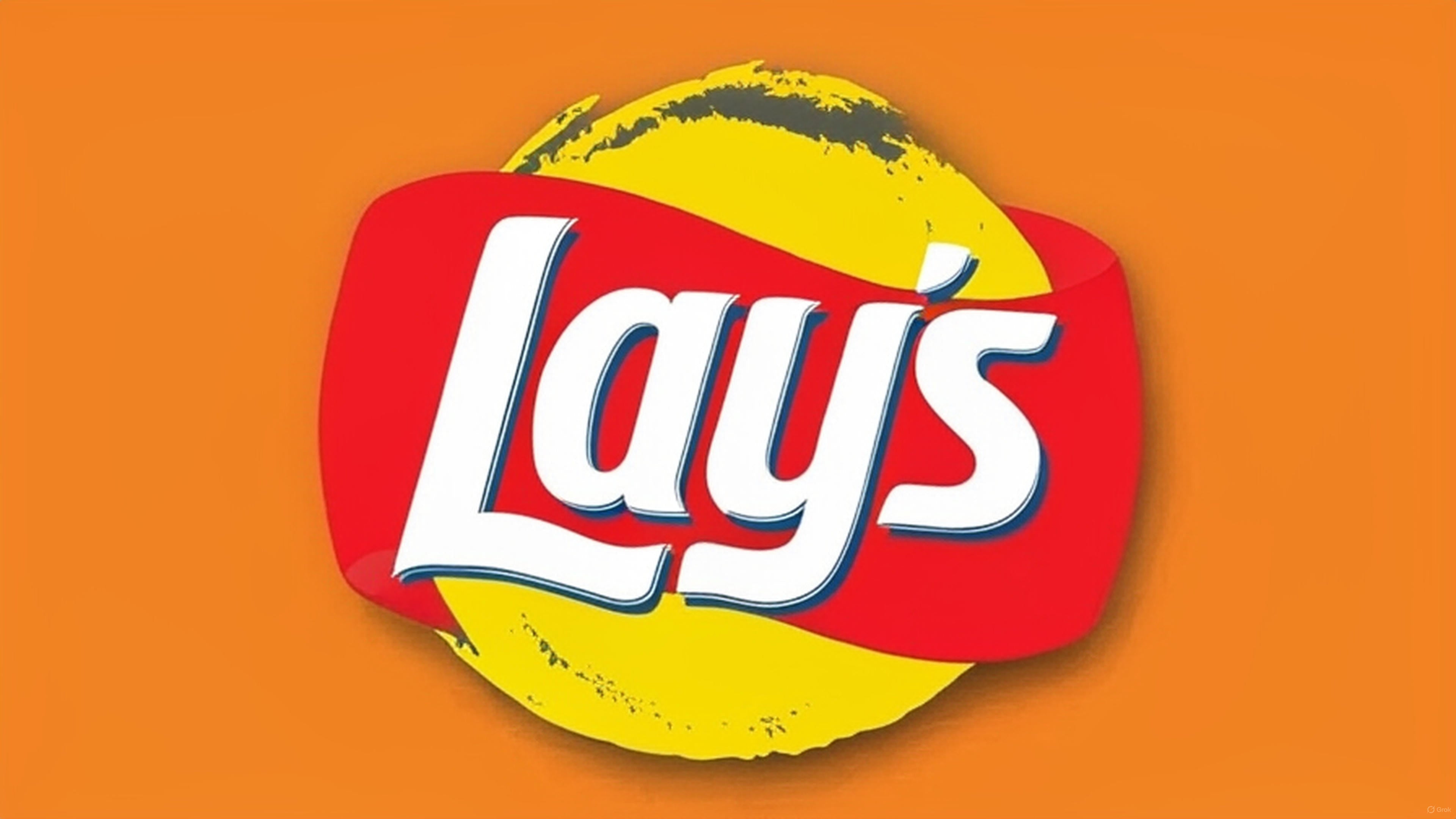Lay's Rebrands After Survey Shows 42% Didn’t Know Chips Are Made from Real Potatoes
In a surprising move that’s sparking conversations online, Lay's, the iconic potato chip brand under PepsiCo, has announced a major rebrand. This change comes after a 2021 consumer survey revealed that 42% of customers were unaware that Lay's chips are made from actual potatoes.
The news quickly went viral on X (formerly Twitter) when Dexerto highlighted the findings, leading to thousands of reactions, memes, and humorous discussions online about what people thought chips were made from—ranging from artificial substances to "potato-flavored magic."
42% of Lay's customers didn’t know their chips were made from actual potatoes, a survey found pic.twitter.com/aAbG2uaEJu
— Dexerto (@Dexerto) October 21, 2025
The Survey That Sparked Lay's Rebrand
PepsiCo conducted the survey in 2021 to understand consumer perceptions of Lay's. The startling result—that nearly half of customers didn’t know chips started as real potatoes—prompted the company to prioritize transparency and clarity in branding.
As part of the rebrand:
- Packaging now prominently shows actual potatoes.
- Flavored varieties display key ingredients like limes, chili, and onions.
- The brand emphasizes quality from “farm to bag,” according to Denise Truelove, SVP of Marketing for PepsiCo Foods US.
PepsiCo’s press release noted the goal is to delight consumers through choice, transparency, and joy in every bite.
Packaging and Product Updates
This rebrand marks one of Lay's biggest visual and product transformations in nearly a century. Key updates include:
- New Packaging Design: The classic yellow foil is replaced with a subtle, earthy palette and a logo mimicking a potato crate.
-
Healthier Ingredients:
- Baked Lay’s now use olive oil, reducing fat by 50%.
- Kettle Cooked Reduced Fat Original Sea Salt chips use avocado oil.
- No Artificial Colors or Flavors: By the end of 2025, all US products will adhere to this standard.
This aligns with the broader consumer trend of healthy, transparent, and natural snacking options.
Public Reactions and Industry Trends
- Social Media Shock: Many users expressed surprise that chips are actually made from potatoes.
- Humorous Comments: Online communities joked about people assuming chips were artificial or chemically made.
- Industry Context: Other brands, like Domino's Pizza, have also embraced modern, minimalist designs to reflect health-conscious branding.
The Lay's story highlights a larger food literacy gap in modern society—many consumers are unaware of the origins of processed foods. By reintroducing the connection to real ingredients, Lay's hopes to educate and engage snack lovers.
FAQs About Lay’s Rebrand
- Q1: Why did Lay’s decide to rebrand?
- A: A 2021 survey showed 42% of consumers didn’t know chips are made from real potatoes, prompting a focus on transparency and health.
- Q2: What changes are in the new packaging?
- A: The yellow foil is replaced with earthy tones, and ingredients like potatoes, limes, and chili are prominently displayed.
- Q3: Are Lay’s chips healthier now?
- A: Yes. Products like Baked Lay’s use olive oil, Kettle Cooked chips use avocado oil, and all US products will be free from artificial colors and flavors by the end of 2025.
- Q4: How has the public reacted?
- A: Reactions ranged from shock and amusement to discussions about food literacy and natural ingredients.
Conclusion
Lay’s rebrand demonstrates how consumer perception drives corporate change, blending transparency, health-consciousness, and modern aesthetics. By highlighting real ingredients and updating product formulas, Lay's is setting a new standard in snack branding and reconnecting customers with the origins of their favorite chips.
Neutral Intellectual Opinion (Impactful & Thought-Provoking)
The Lay’s rebrand serves as a microcosm of modern consumer awareness. In an age dominated by processed foods, many people have lost touch with basic food origins. This shift illustrates that branding is no longer just about taste or convenience—it’s about education, transparency, and trust. Brands that acknowledge and address this gap may not only sell products but also contribute to a broader cultural understanding of food, nutrition, and authenticity. Lay’s example challenges the industry to rethink marketing strategies in an era where consumers demand both information and integrity.


0 comments